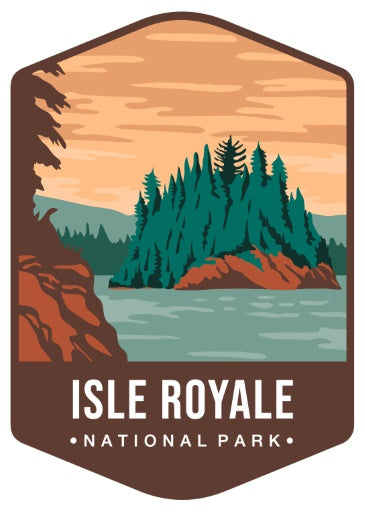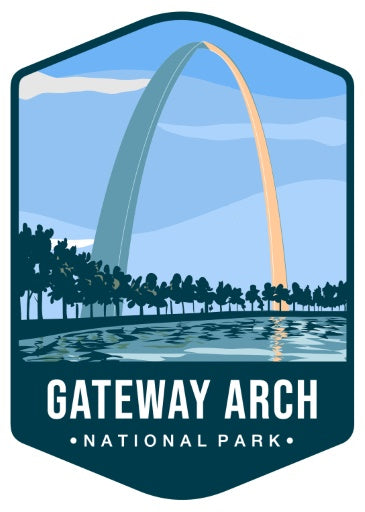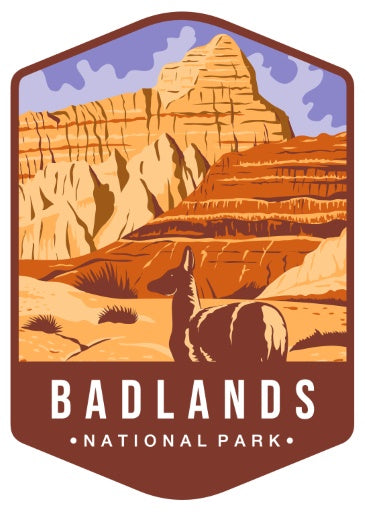WUDN
March-2024
Exploring the Great Outdoors: 5 Must-Visit Features of Every National Park in the United States
WUDN Outdoor Adventure (National Park Series)

Part 06 of Our National Park Series
Death Valley National Park
National Park Series > California Coast & Desert > Death Valley National Park
Back to the Table of Contents
Death Valley National Park, situated in eastern California and western Nevada, is a land of extremes—home to the lowest point in North America and some of the highest temperatures on Earth. The park's history is as rugged as its landscape, with evidence of human habitation dating back thousands of years. Native American tribes, including the Timbisha Shoshone, have long inhabited the region, adapting to the harsh desert environment through ingenious survival strategies. European explorers and settlers began to venture into the area in the 19th century, drawn by tales of gold and the allure of uncharted territory. Despite the hardships they faced, pioneers and prospectors forged trails, established mining camps, and left their mark on the land. In 1933, President Herbert Hoover designated Death Valley a national monument, and in 1994, Congress redesignated it as Death Valley National Park, expanding its boundaries to protect its unique geology, ecology, and cultural heritage.
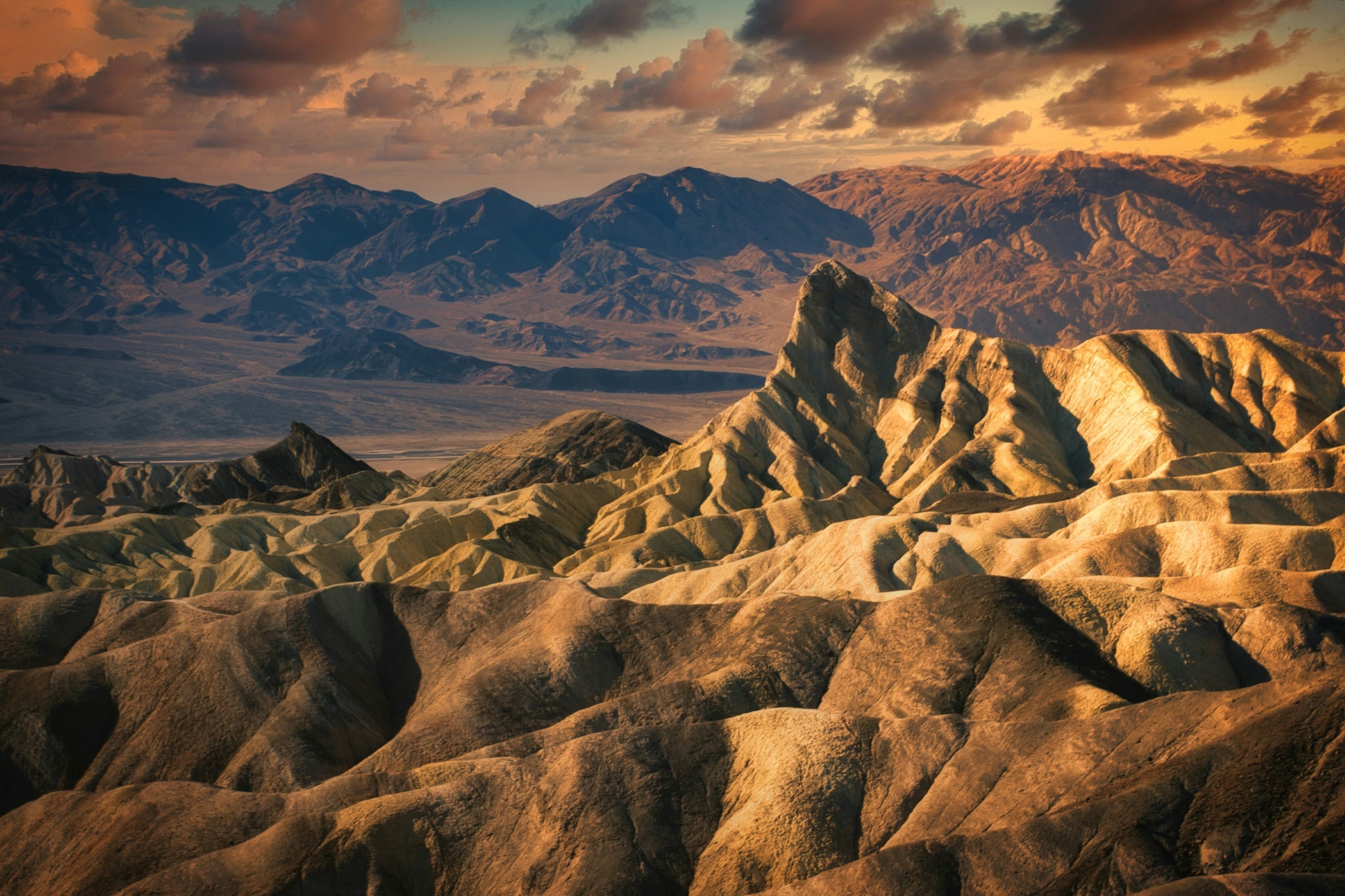
Top 5 Outdoor Adventures in: Death Valley National Park
1. Mesmerizing Desert Landscapes:
Step into a world of surreal beauty as you explore the vast desert landscapes of Death Valley National Park. From towering sand dunes to colorful badlands, the park's rugged terrain is a photographer's dream. Don't miss the iconic Mesquite Flat Sand Dunes, where the shifting sands create ever-changing patterns beneath the desert sun. For a truly otherworldly experience, visit the mysterious Racetrack Playa, home to the enigmatic sailing stones that seemingly move across the desert floor on their own.
2. Starlit Nights and Dark Sky Stargazing:
Escape the glare of city lights and marvel at the brilliance of the night sky above Death Valley. Designated as a Dark Sky Park by the International Dark-Sky Association, the park offers unparalleled opportunities for stargazing. Join a ranger-led astronomy program or simply spread out a blanket and gaze in awe at the countless stars overhead. With minimal light pollution, Death Valley's night skies are a sight to behold.
3. Hiking Amidst Natural Wonders:
Lace up your boots and hit the trails to explore the park's diverse array of hiking routes. From leisurely strolls through colorful canyons to challenging treks up towering peaks, there's a hike for every skill level and interest. Don't miss the iconic Golden Canyon Trail, where towering cliffs of red and gold create a stunning backdrop for your adventure. Keep an eye out for desert wildlife, including bighorn sheep, kit foxes, and elusive desert tortoises.
4. Soaking in Natural Hot Springs:
After a day of exploration, soothe your muscles and relax in one of Death Valley's natural hot springs. The park is home to several geothermal springs, where mineral-rich waters bubble up from deep beneath the earth's surface. Slip into the warm embrace of the water and let your cares melt away as you soak in the tranquil surroundings. For a truly rejuvenating experience, visit the historic Furnace Creek Inn and enjoy a soak in their luxurious spring-fed pool.
5. Scenic Drives and Overlooks:
Experience the beauty of Death Valley from the comfort of your car with a scenic drive along one of the park's iconic routes. Cruise along the winding curves of Artist's Drive, where colorful mineral deposits paint the hillsides in shades of pink, purple, and green. Stop at Zabriskie Point for panoramic views of the rugged badlands below, or drive up to Dante's View for a breathtaking vista of the valley floor stretching out before you.
Some Real Wooden Style for Your Trip
We are working on more branded merch to accompany your trip. In the meantime, here is a pair of real wooden shades for some excellent style while you enjoy the beach or hike the back-country of Death Valley National Park.
How to Get To Death Valley National Park
Access to Death Valley National Park is primarily by car, as there are no public transportation options within the park.
The park is located about a two-hour drive from Las Vegas, Nevada, and a four-hour drive from Los Angeles, California, with multiple entrances along major highways.
Visitors should be prepared for long stretches of desert driving, with limited services and extreme temperatures, especially in the summer months. It's essential to bring plenty of water, sunscreen, and other supplies, as well as to check road conditions and weather forecasts before embarking on your journey to this land of extremes.
With its stark beauty, rugged terrain, and rich history, Death Valley National Park offers a truly unforgettable experience for those willing to venture into the heart of the desert.
History and Creation of Death Valley National Park
Situated in California and Nevada, boasts a rich history that stretches back thousands of years.
Native American tribes such as the Timbisha Shoshone inhabited the region, adapting to its harsh desert environment through ingenious survival techniques.
The park's modern history began with European exploration in the 19th century, attracting prospectors seeking minerals and fortune during the Gold Rush era. However, it wasn't until the early 20th century that the area's unique natural and geological features garnered widespread attention.
In 1933, President Herbert Hoover designated Death Valley as a national monument to protect its extraordinary landscapes, which include the lowest point in North America, Badwater Basin, and the stunningly colorful formations of Artist's Palette.
Later, in 1994, Death Valley was redesignated as a national park, further solidifying its status as a cherished natural treasure.
Today, tourists flock to Death Valley National Park to witness its breathtaking vistas, diverse wildlife, and iconic landmarks like Zabriskie Point and Dante's View.
Visitors can explore the park's vast expanses by hiking its rugged trails, camping beneath the star-studded desert skies, or embarking on scenic drives through its otherworldly landscapes. With its fascinating history and unparalleled beauty, Death Valley National Park offers a truly unforgettable experience for those brave enough to venture into its harsh yet mesmerizing terrain.
/Fin. Death Valley National Park
In conclusion, Death Valley National Park stands as a testament to the raw beauty and remarkable resilience of nature in one of the most extreme environments on Earth. From its stunning salt flats and towering sand dunes to its rugged mountains and vibrant desert wildflowers, Death Valley offers visitors an unparalleled opportunity to experience the wonders of the desert landscape. Whether exploring the park's iconic landmarks, embarking on a scenic drive, or stargazing under the vast desert sky, every moment in Death Valley is a reminder of the awe-inspiring power and majesty of the natural world. As you plan your visit to this extraordinary national park, may you be inspired to embrace the adventure and discover the timeless allure of Death Valley's boundless landscapes.
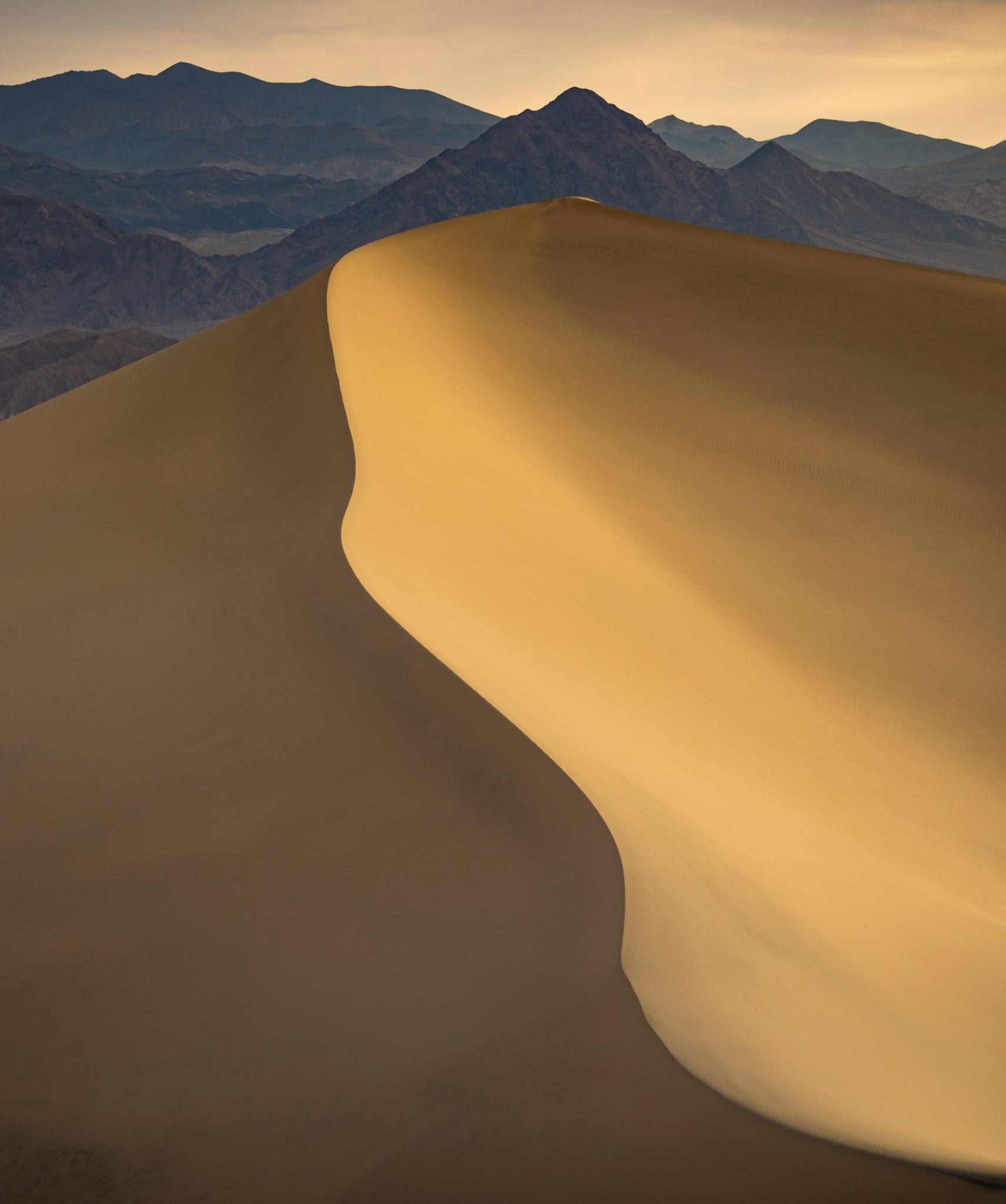
How to Prepare for a Visit to a US National Park
Our top-10 list to get you prepared and a bonus section on Bears!
Read More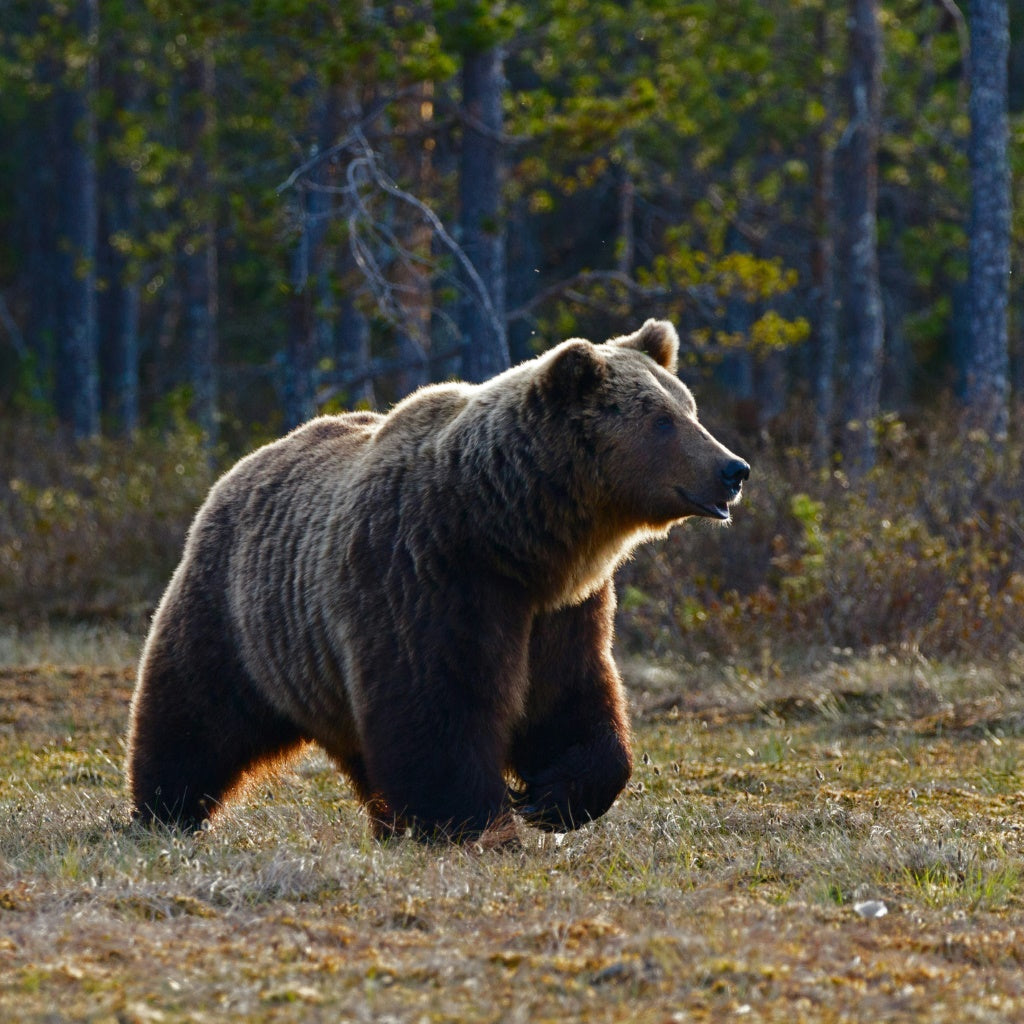
20 Must Have Gadgets for Your Next Outdoor Adventure
Our curated list to keep you safe and productive on your next outdoor adventure.
Read More
About the Author

Jaimeleigh Christian
Jaime is passionate about the outdoors and traveling throughout these gorgeous United States. Especially National Parks in the Pacific Northwest.
Tags
Travel
Outdoor Adventure Series
National Parks
Tour Guide
You May Also Like
Want To Receive More Outdoor Adventures?
Follow us to receive the latest adventures

